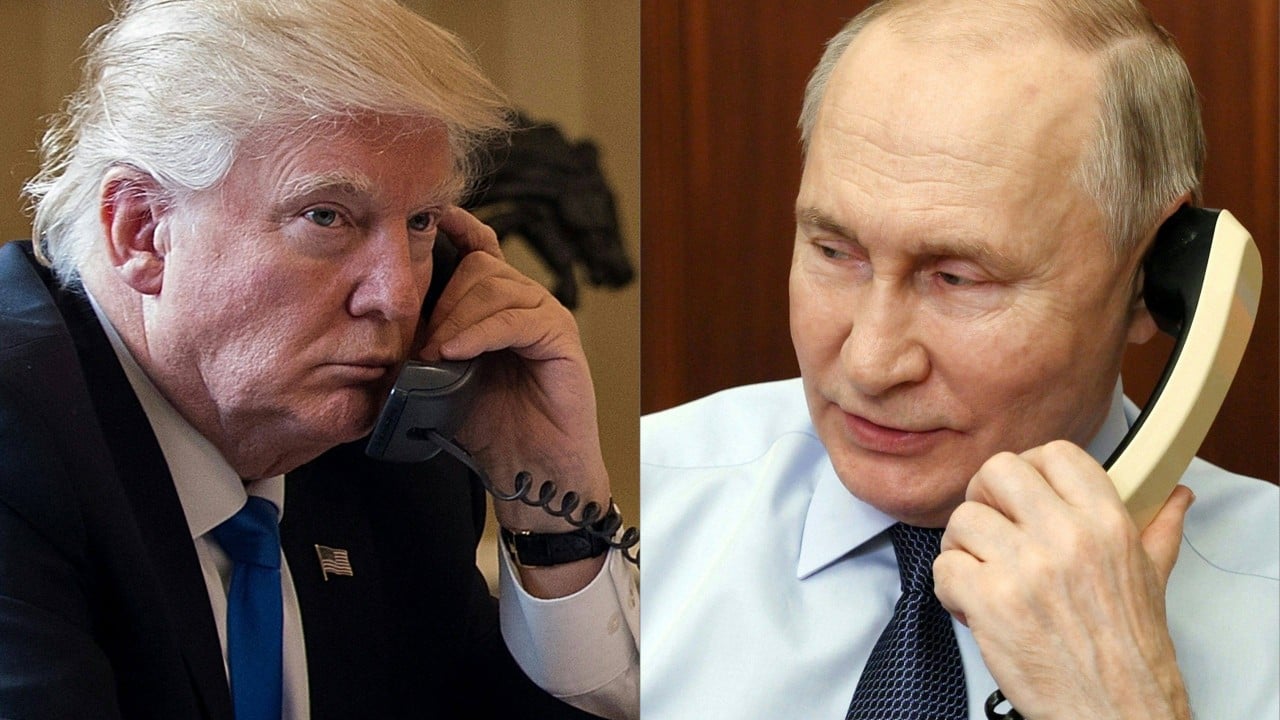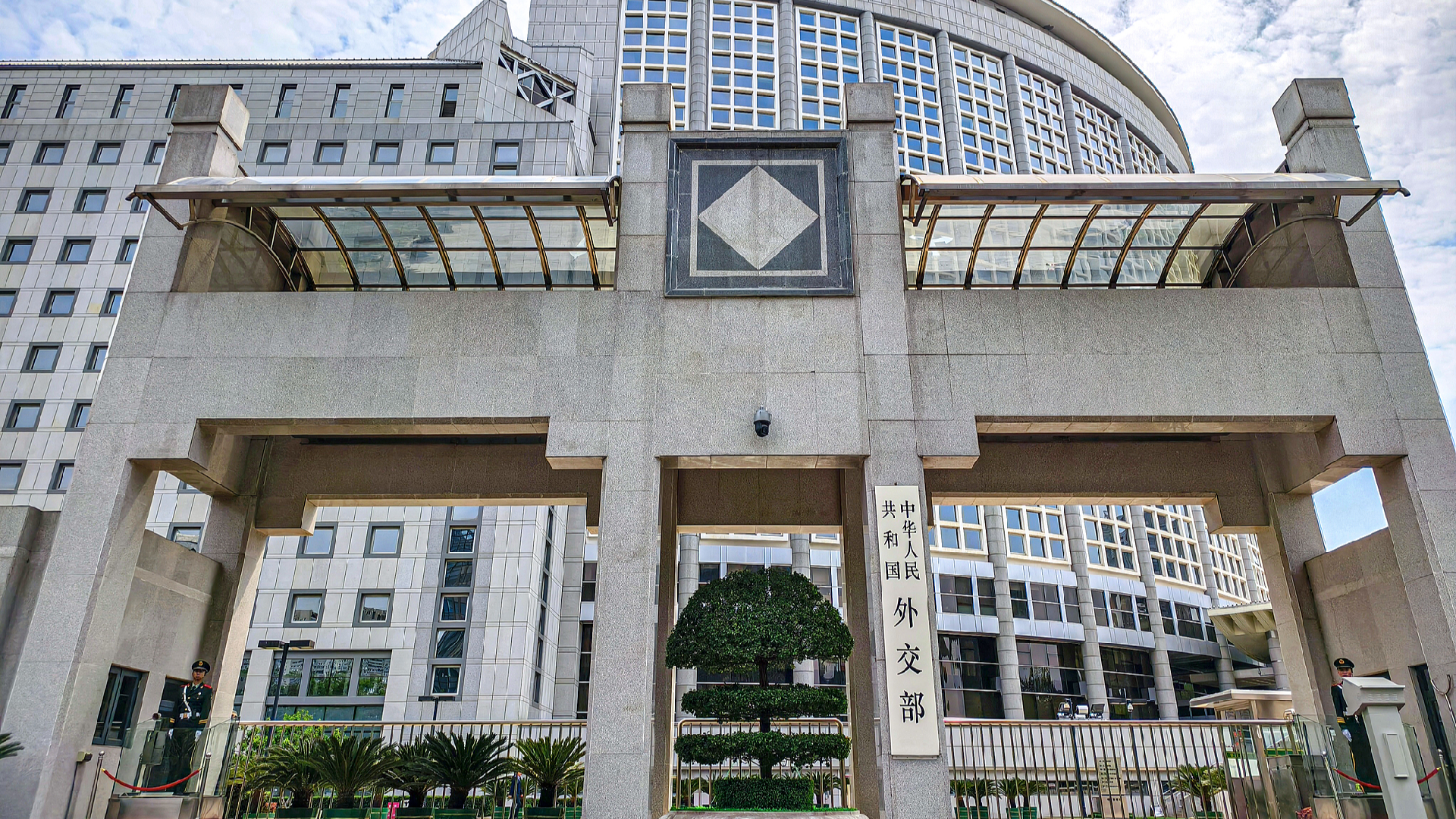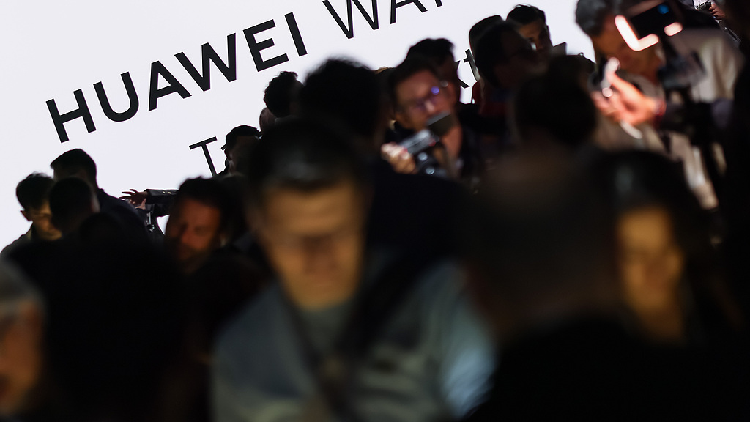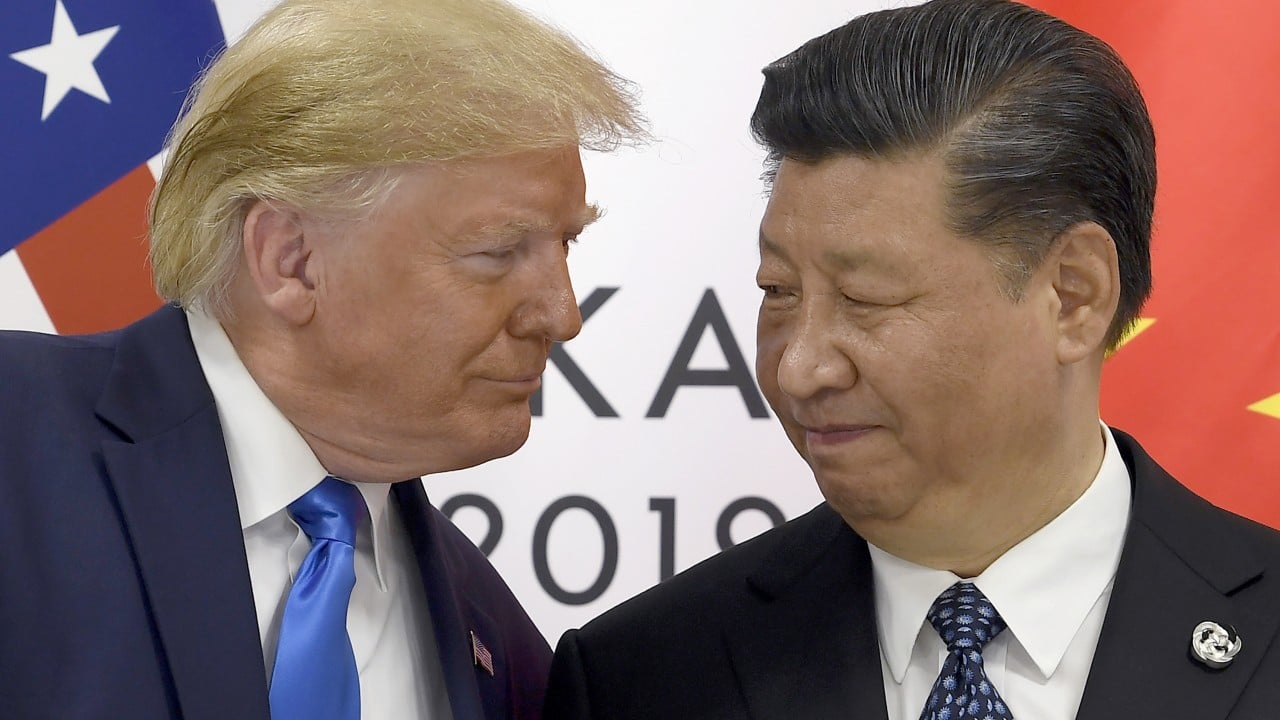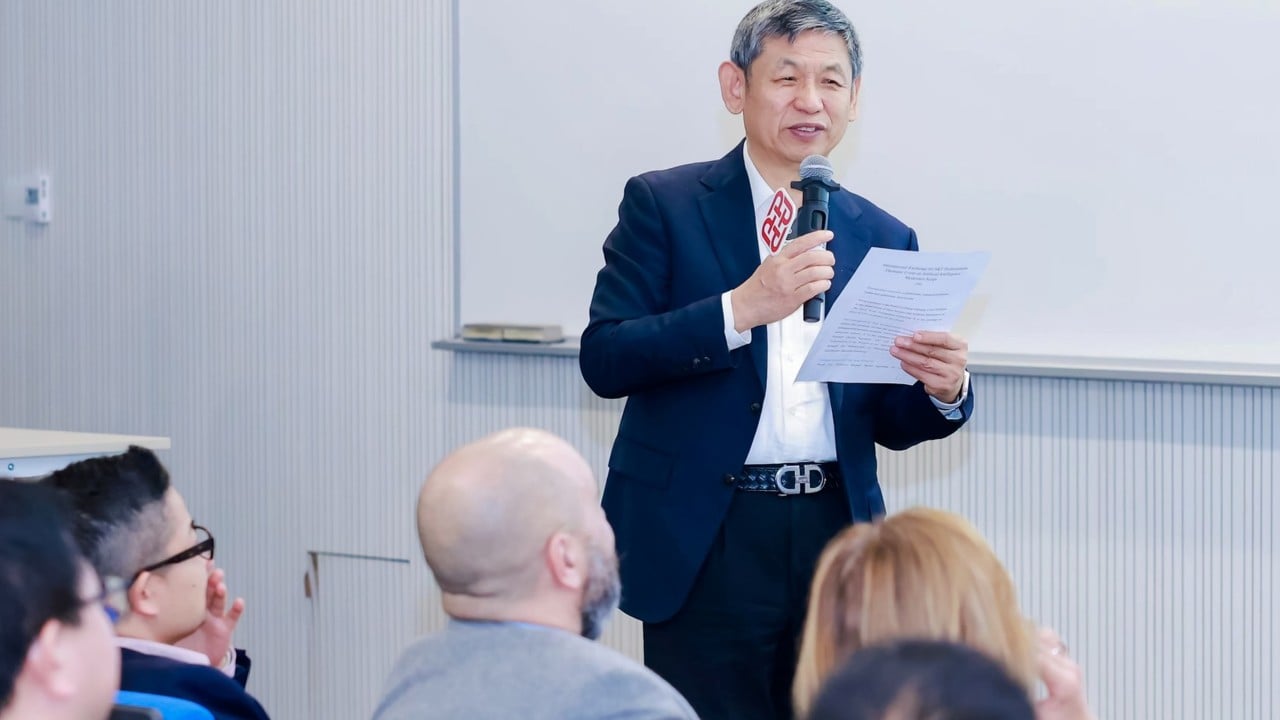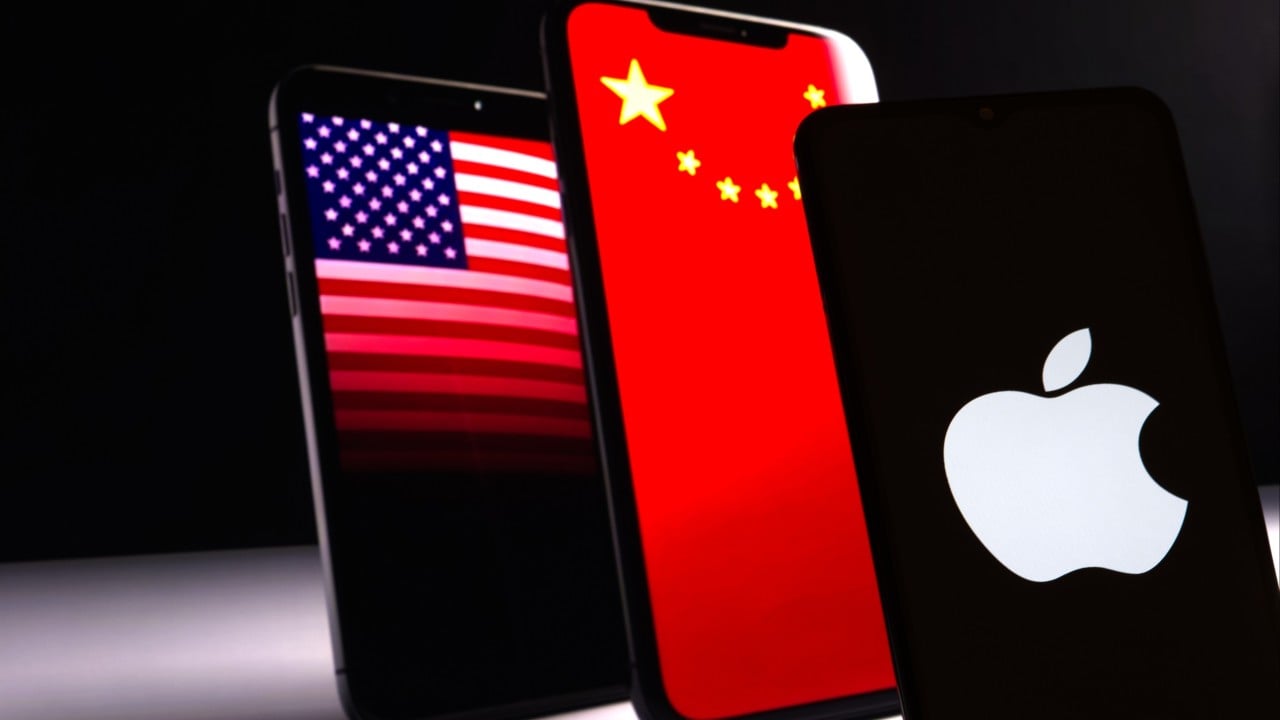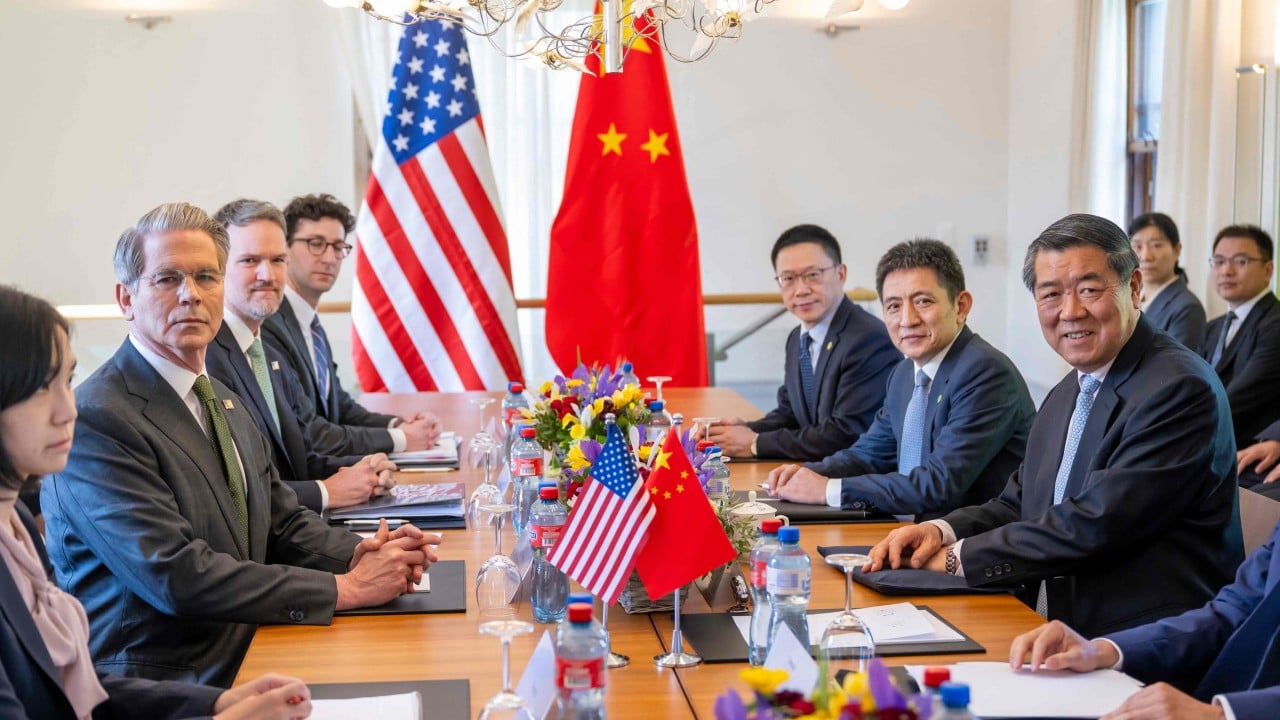
China has called on the United States to immediately "correct its wrongdoing" and end "discriminatory practices" targeting Chinese semiconductor firms following recent adjustments to a U.S.
government notice on AI chip usage.China's Ministry of Commerce spokesperson told media on Monday that while the U.S.
has revised the language of its AI chip export control guidance, the substance of the restrictions remains unchanged and continues to distort market competition.The U.S.
Department of Commerce's Bureau of Industry and Security (BIS) recently issued guidance warning that the use of Huawei's Ascend AI chips "anywhere in the world" may violate U.S.
export control laws.
The notice, released on May 7, framed the issue as a national security concern, citing the risk of U.S.-origin AI chips being used for "training or inference in Chinese AI models."Days later, the agency quietly revised its public wording.
The updated notice softened the original language, no longer stating outright that such usage violates U.S.
rules but warning the industry about the "risk" of using China's advanced AI chips, including specific Huawei Ascend processors.The spokesperson confirmed that China raised strong objections through bilateral consultation channels following the original U.S.
announcement on May 12, arguing that the guidance seriously violated the consensus reached during high-level China-U.S.
trade talks in Geneva."We have taken note that the U.S.
has recently made adjustments to the wording of its press release, but the discriminatory nature and market-distorting essence of the guidance itself remain unchanged," the ministry said.The Chinese side condemned the U.S.
for "abusing export control measures" under vague pretexts, tightening restrictions on Chinese chip products, and even attempting to interfere with how Chinese firms use domestically produced chips within China."This kind of overreach is a typical act of unilateral bullying," the spokesperson stated.
"It severely undermines the legitimate rights of Chinese enterprises, poses a serious threat to the stability of global semiconductor supply chains, and disrupts global scientific and technological innovation.""Tripping others up won't make you run faster," the ministry said, warning that such unilateral protectionist tactics will ultimately erode the competitiveness of the U.S.
tech industry.
"It is a case of lifting a stone only to drop it on one's own foot."China called on the U.S.
to immediately correct its missteps and halt its discriminatory measures targeting China.
The ministry urged both sides to uphold the spirit of the Geneva consensus, strengthen communication through trade consultation mechanisms, and work toward a sustainable, mutually beneficial bilateral economic relationship."If the U.S.
persists in harming China's interests, China will take resolute actions to safeguard its legitimate rights," the spokesperson warned.

 14
14








